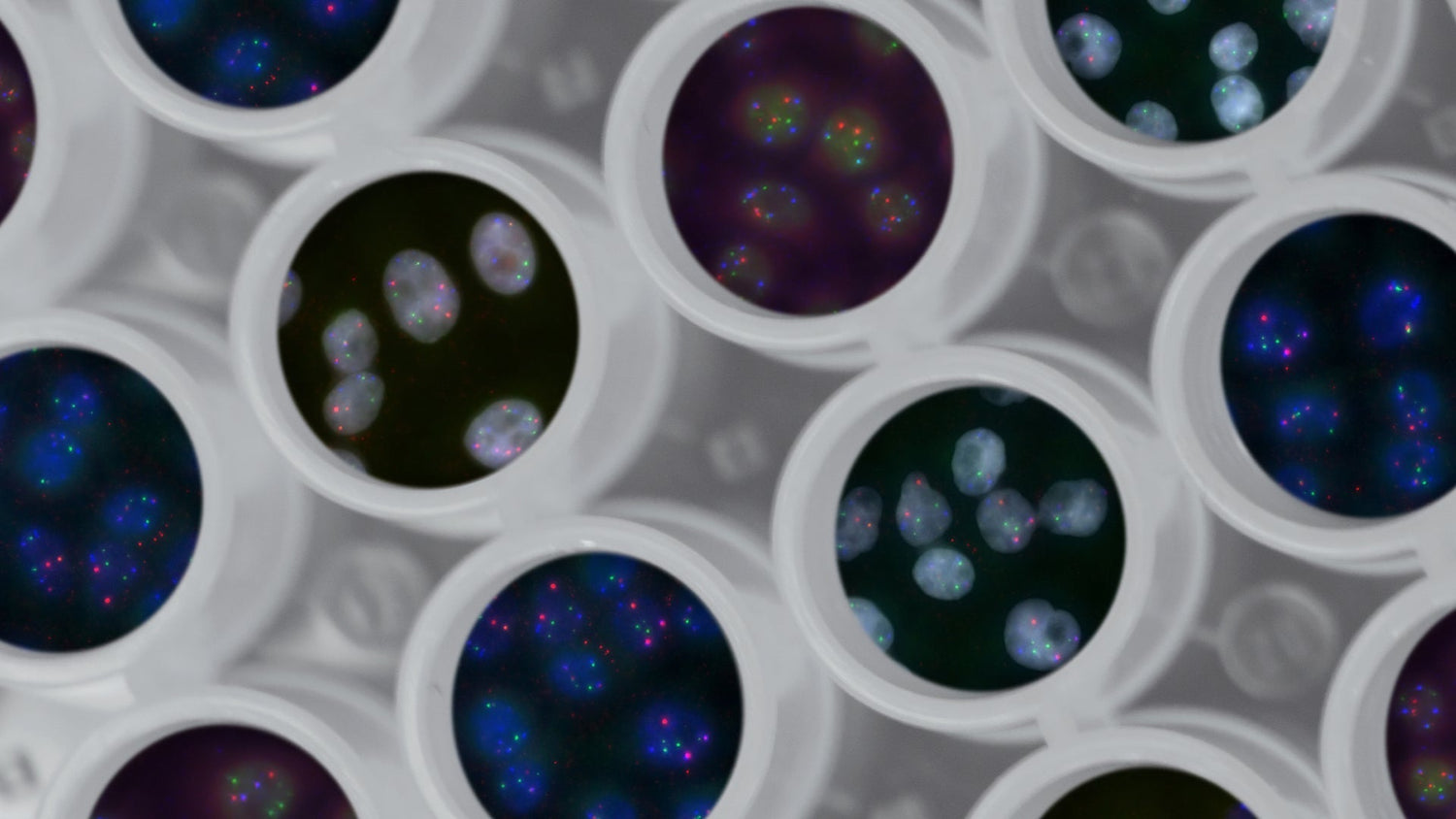The term “autoimmune disease” is an umbrella term for various conditions where the immune system starts mistakenly attacking the body’s own tissues.
There are many different types of autoimmune disease – with especially well-known examples including psoriasis, multiple sclerosis and type 1 diabetes. However, the main contributing factors behind the onset of autoimmune disease remain largely shrouded in mystery.
While scientific research has investigated various possible causes of autoimmune disease, it has often struggled to establish conclusive links. The disease has often been attributed to genetics, but it has proven difficult to entangle this factor from environmental factors like those cited below.
Stress
While certain genes are undoubtedly associated with particular autoimmune conditions, it has been tricky for researchers to determine where these are instances of causation or simply correlation. For example, studies have never quite demonstrated that the HLA-DRB1 gene causes Ménière’s disease. Along similar lines, Robert H Shmerling – the Senior Faculty Editor at Harvard Health Publishing – has cited a study where individuals diagnosed with a stress-related disorder were likelier to develop autoimmune disease. However, this study remained observational by nature.
Shmerling warns that “it is often difficult to identify a precise date that an autoimmune disease or a stress-related disorder began”, making it difficult to show clear cause-and-effect relationships.
Toxins
Various substances make their way into what we eat and drink. However, the subject of how fit some of these – such as fluoride, mercury, aluminium, lead and chlorine – are for human consumption can be deeply polarising, not only in medical literature but also among members of the mainstream press.
For example, some arguments posit that these supposedly “toxic” substances are consumed in too low concentrations to impact human health. Many researchers, though, remain non-committal on the issue, insisting that further studies are needed before firm conclusions can be drawn.
Unfortunately, it can take years or even decades for such corroborative studies to arrive, leaving many researchers little wiser in the meantime.
Medications Modern medicine has naturally been credited with a wide range of health merits. However, Dr Steven Park cautions on his website: “By definition, prescription medications are synthetic and are foreign to our bodies. They WILL produce an inflammatory reaction.”
Here, it’s useful to imagine your body’s immune system as a castle that mobilises white blood cells – the castle’s “knights”, you could say – to attack and repel the foreign invader, the medication.
After winning the “battle”, the body will create antibodies – or, metaphorically-speaking, “strengthen the castle’s fortifications” – to protect itself against future attacks, including from the illness the medication was originally created to protect you from.
Unfortunately, though, well-meaning medications can sometimes have adverse side effects. These could be manifested as weight gain, constipation, fatigue, weakness or indeed, as Dr Park hints, autoimmune disease. Your knights might have won the battle, but maybe one or two of your castle’s “turrets” were hit and damaged by “stray cannonballs” during the fracas.
The scientific community continues to speculate about what exactly causes autoimmune disease. In the meantime, you can at least take note of what environmental influences can generally lead to inflammation – like those influences listed above – and act to reduce or manage your day-to-day exposure to them where practically possible.







Leave a comment
All comments are moderated before being published.
This site is protected by hCaptcha and the hCaptcha Privacy Policy and Terms of Service apply.